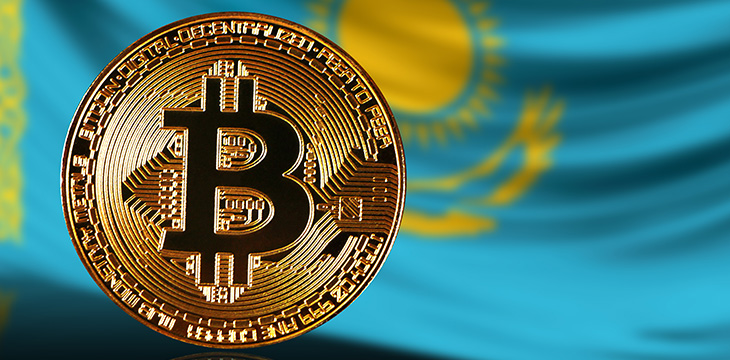|
Getting your Trinity Audio player ready...
|
One of the world’s biggest block reward mining hubs is limiting how much money investors can allocate to digital currencies. Kazakhstan will only allow its citizens to invest 10% of their annual income in digital assets and get more stringent with exchanges.
Kazakhstan has become one of the biggest players in the global block reward mining industry. According to recent data, the country is only second to the U.S. in mining, accounting for 18% of the global hash rate. It has provided a home to miners who are fleeing from China.
And while its mining sector continues to grow, the government is putting restrictions on trading. Local outlet Kapital.kz reports that the Astana Financial Services Agency (AFSA) has restricted retail traders to 10% of their annual income or 5% of their total assets, excluding their main residence.
Traders can invest up to $100,000 a year, but only if they can provide evidence of their finances to the regulators. For those that choose not to share their financial data, the limit is at $1,000 per month, the outlet reports.
The local outlet said it received the information from the AFSA directly, and the report was confirmed on November 4. The new rules reportedly took effect on October 26.
The regulator claims that the rules are to protect retail investors from risks such as losing their capital in its entirety.
Earlier this year, regulators in Hong Kong proposed similar measures, seeking to limit retail traders from accessing the digital asset market. In May, the Financial Services and Treasury Bureau (FSTB) said that it would restrict digital asset trading to professional investors whose portfolio is worth at least HK$8 million (US$1 million).
This rule would shut out a vast majority of investors, with retail investors far outnumbering the professional ones in the digital currency industry globally. The rule has yet to take effect.
Watch: CoinGeek New York panel, BSV vs. Other Blockchains: Differences that Matter for Developers & Businesses

 03-04-2026
03-04-2026 




